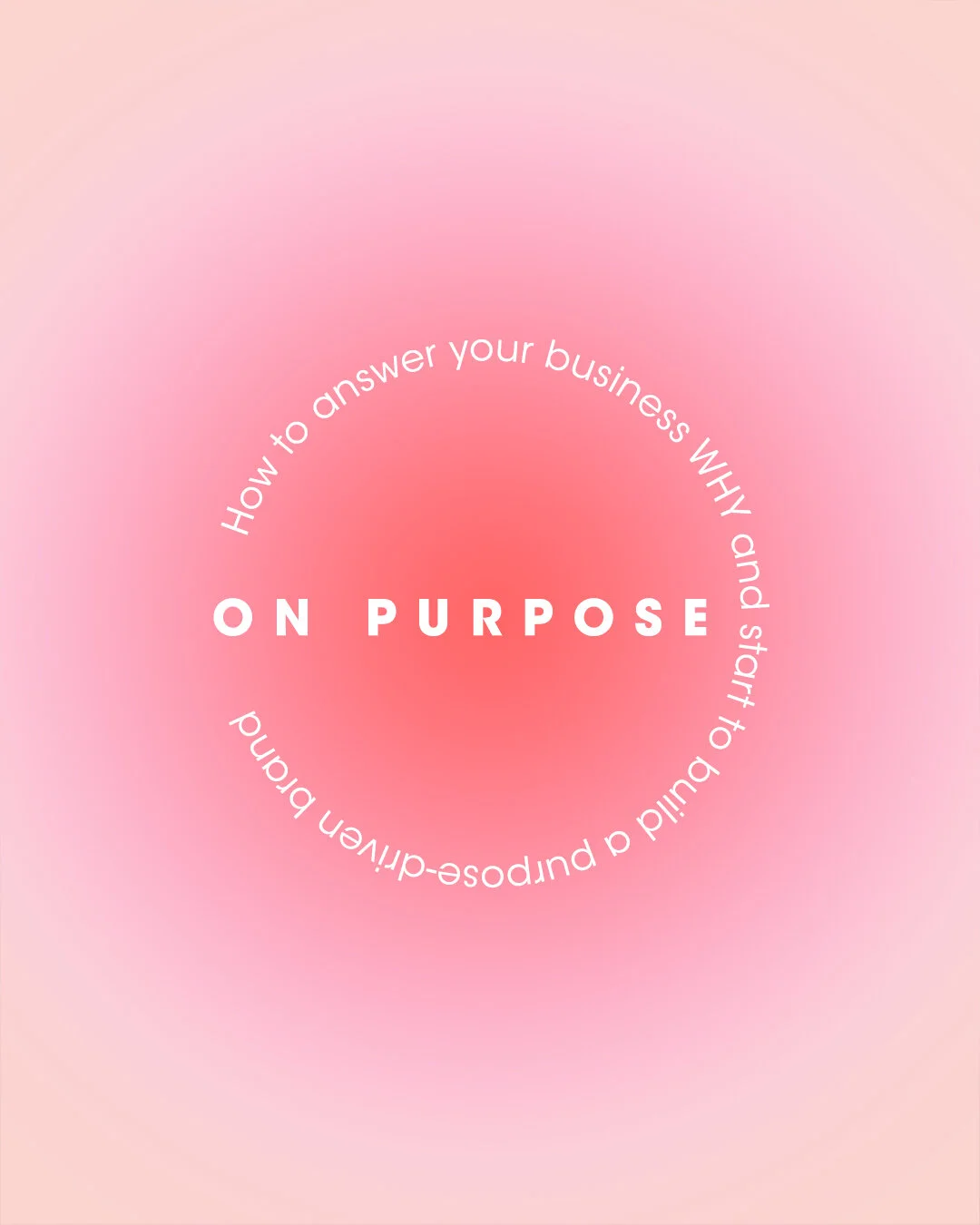It's time to recognise and evolve our relationships with brands. By Kate Nightingale
To accompany my video for Rebuild Fashion series, I thought I will share some of my thoughts in a short article as well focused on insights and reassurance around a theme of ‘Recognise and Evolve’.
As a consumer psychologist, it is natural to me to first look deep into a brand, a behaviour, or a design to understand it in its entirety and be able to propose ways in which it can be further enhanced or enriched. Therefore, when looking at various behaviours that have been emerging over the last weeks, it was clear that one of the key things people are now faced with is introspection.
As we are all going inwards to manage our emotions and get to know or reframe ourselves, so we expect brands to do the same. Taking this time to look at who you are as a brand and what change do you want to make in this world is what this time is especially good for.
“We are naturally detoxing our lives from brands that don’t align with our newly discovered or reshaped identity.”
Existential dangers force re-evaluation of how we live and why we live. We are all asking ourselves these questions every day now. In this process, we are naturally detoxing our lives from brands that don't align with our newly discovered or reshaped identity. We are also very attracted to truth, authenticity and certainty. Therefore, we pay attention to brands that ooze that in all their behaviours and communication.
This is even more reason to transition your brand to something bigger and greater, to something you likely always wanted it to be but didn't have time or didn't feel that customers will accept it. Now change is the new normal; we are more used to things changing than staying the same. Brands that stay exactly the same feel inauthentic which results in us avoiding them.
So, what have you always wanted your brand to be and what change in the world have you always wanted to make? Start with these questions and the rest will fall in place.
This is all great in terms of introspecting to discover your true brand essence and know how to best deliver it to customers but, how will people actually behave post-lockdown? What can we expect and how does this impact your brand strategy, customer experience, and marketing?
There is this great theory I remember writing my dissertation about which is extremely helpful in understanding some of people's behaviours now. It's called terror management theory and it states that when there is mortality salience, people being reminded of their mortality, they tend to react in two different ways.
The first way that people react is to indulge and become more impulsive. This is what we saw with overspending in luxury stores in China post-lockdown. The aspect of multisensory stimulation is also key here. As our senses are currently under-stimulated due to inability to experience all that the world has to offer, we started cooking, baking, drinking, having more sex etc. This is further made worse by very sensory-blunt online experiences. Yes, we can use all the senses online, you just need to understand how the human mind works. Various scientific studies have shown that the human brain is activated in the same areas and in pretty much the same intensity when we are imaging sensory sensations as when we actually experience them. So, imagining tastes, smell or touch can work as effectively as really experiencing them. For now, if brands can improve their online sensory experience they should see positive results in emotional engagement, dwell time and even across sales. However, this constant sensory hunger will also result in the need for more multisensory physical experiences post-lockdown. Therefore, one other thing brands can invest in now is reshaping their physical experiences to make them more indulgent, but also more meaningful and even transcendent.
The second way in which people may behave is to become more pro-social, values-driven and focus on their lives and business with a strong moral foundation. This is where we see helping others and doing what's right is key. We have seen with people volunteering to help vulnerable individuals, clapping for NHS workers or even changing their consumption behaviours to more sustainable. This is why being authentic and standing for something bigger is necessary for all brands, now and in the future.
We can also take advantage of this time to change consumer behaviours for more sustainable, more socially impactful or simply more mindful. We won't be able to affect everyone but we can certainly make a dent.
So, how will you make a dent with your brand or your own behaviour?
Kate Nightingale is Head Consumer Psychologist & Founder of Style Psychology Ltd and can be contacted via email.
For more insights from Kate for our Rebuild Fashion Campaign, head over to our IGTV channel
Header image via Pinterest: Frida Gustavsson In Good Sensual Health By Benjamin Vnuk for Glamour France May 2015 — Anne of Carversville
30.04.2020






